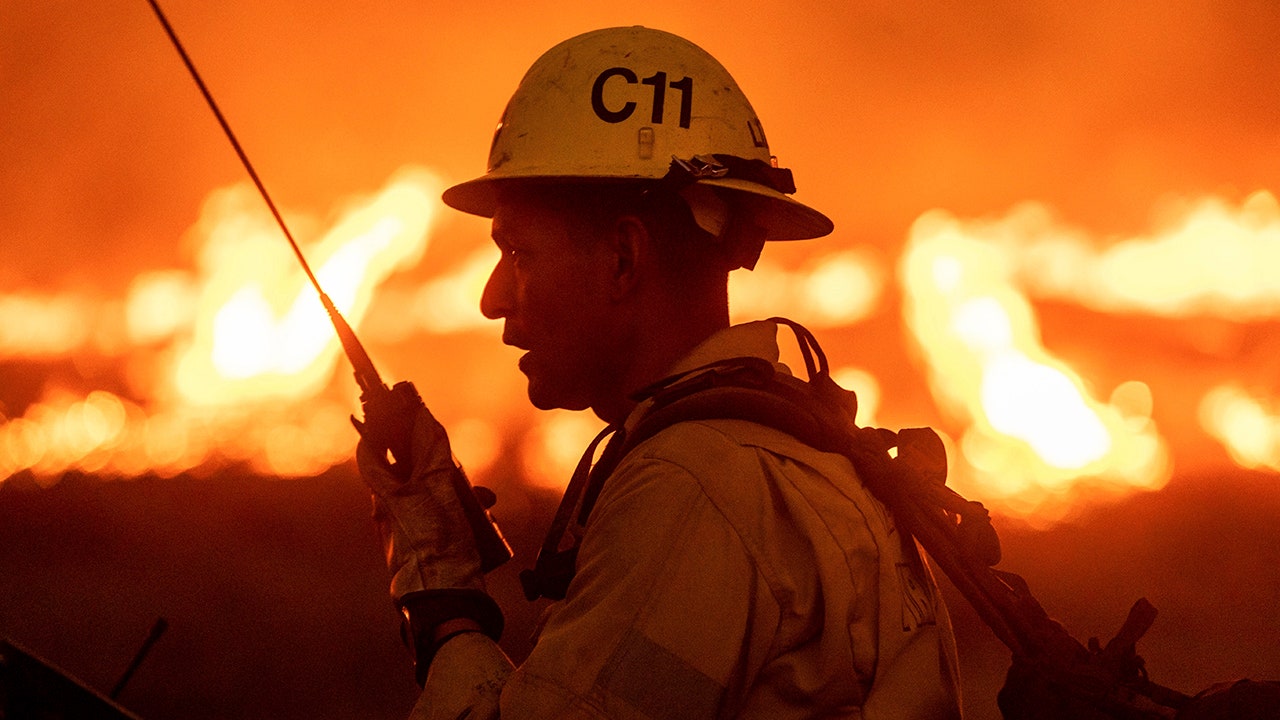Twenty-one US states have just increased their minimum wages in a move some experts have warned could drive up prices.
On January 1, Illinois, Delaware and Rhode Island - along with 48 cities and counties - brought their minimum wage to $15 or higher for the first time. They have now joined seven other states already at that level.
Some states, while increasing their minimum wage, are stopping short of hitting the $15 mark.
Those include Missouri whose base is rising to $13.75 from $12.30 and Nebraska whose rate will soon be $13.50 up from $12.
Many states such as Arizona, Colorado, Connecticut, Ohio and Virginia, have raised their rates in accordance with the rise in cost of living over the last year, shown in the consumer price index.
Other states that have increased their requirements include Alaska, California, Florida, Maine, Michigan, Minnesota, Montana, New Jersey, New York, Oregon, South Dakota, Virginia and Vermont.
The highest minimum wage is now in Burien, Washington, where the rate in the town has jumped from $16.28 to $21.16 an hour for employers with 500 or more workers.
Experts caution that these wage hikes could strain retailers and restaurants.
Bepop Waffle Shop in West Seattle closed its doors for the final time on Monday
Indeed already in 2025, a popular breakfast restaurant in Seattle closed after its owner claimed she could not support the new $20.76 an hour minimum wage that came in to effect in the city on on New Year's Day.
'Minimum wage increases add to a general cocktail of cost increases faced by retailers,' retail expert Neil Saunders of Global Data told DailyMail.com.
'In response many will have to increase prices, even if only marginally.'
'In a labor intensive industry like retail, even small increases can bite. There will be a consequence in terms of lower profits, higher prices, reduced investment, or cost cutting' Saunders previously wrote.
Even after the increases in Burien, Washington the minimum wage is still far below the area's living wage of $30.08, according to the MIT Living Wage Calculator.
Economist Dante DeAntonio of Moody’s Analytics also told USA Today that minimum wage increases haven’t had a noticeable effect on inflation.
This is partly because the number of workers earning the absolute minimum is quite a low proportion of the workforce, DeAntonio argued.
The minimum wage increases will benefit three million employees across the country, and indirectly raise the pay of 6.2 million better-paid workers, according to analysis from the Economic Policy Institute.
Fast food workers are traditionally on minimum wage pay packages across the US
Wage increases help low-paid employees keep pace with inflation, which has run rampant since 2021, only cooling to 2.6 percent recently.
There is no state minimum wage law in five Southern states: Alabama, Louisiana, Mississippi, South Carolina, or Tennessee.
In those states minimum wages therefore default to the federal minimum of $7.25 an hour - a level at which it has remained for the past 15 years.
Other experts take a more sympathetic view of the increases, arguing those on minimum wage face the harshest economic conditions.
While the raising of the pay floor for the lowest paid workers happens every year, the increases have accelerated recently as inflation has eaten into paychecks.
'Remember that a full-time worker earning $17 per hour is only earning $35,360 annually pretax,' Yannet Lathrop, from National Employment Law Project, told USA Today.
'Those wage levels won't make workers wealthy, but they will help with paying for the basics, for a few luxuries (hopefully).'
'Those higher wages may also improve their mental and physical health, their ability to access credit, and may lead to better educational outcomes of their children,' she added.
High minimum wages in California have been linked to job losses and restaurant closures. The minimum for fast food restaurants jumped to $20-an-hour from April 1.
In early June, Mexican chain Rubio's shut 48 locations in the state and also filed for bankruptcy after wages rose.

 By Daily Mail (U.S.) | Created at 2025-01-06 14:15:23 | Updated at 2025-01-10 13:15:46
4 days ago
By Daily Mail (U.S.) | Created at 2025-01-06 14:15:23 | Updated at 2025-01-10 13:15:46
4 days ago



![Pray For The Peace of Jerusalem (1/10/25)[Prayer]](https://news.devevil.com/site/uploads/2024/Apr/14/news2.png)




